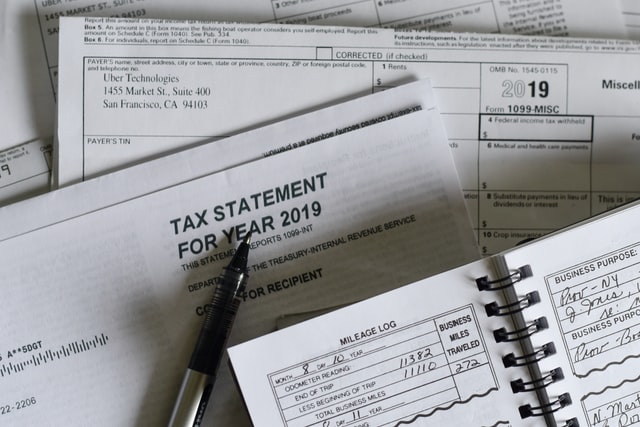Individuals and companies with overdue tax balances may be subject to severe fines from the IRS, including in some cases for the attachment of personal or business assets. To deal with this dilemma – which can trigger a serious financial crisis – a new type of business has been created to help taxpayers in arrears deal with tax debts. Can you settle IRS tax debt?
Can you pay the IRS tax debt?
Yes. It is possible to pay the IRS tax debt for less than you owe. You use a solution known as the compromise or OIC offer. It is a solution that you can hear in advertising, and can boast that you can “settle your tax debt for pennies on the dollar.”
However, it’s worth noting that the IRS doesn’t just distribute OICs to anyone who asks for it. The Tax Office must have reasonable expectations that it will not be able to recover the full amount due. Basically, you must prove that the reduced billing amount is the maximum amount they can expect.
Make sure you qualify
The IRS will return any newly submitted Offer Compromise (OIC) application if you have not submitted all required tax returns and failed to make the required estimated payments. All application fees included in the OIC will also be refunded. Any initial payments required for a returned application will be applied to reduce the balance due. This rule does not apply to current tax returns if there is a valid file extension.
You are not entitled to participate in open insolvency proceedings. Use Offer in Compromise Pre-Qualifier to confirm your eligibility and prepare the initial offer.

An offer in compromise
The IRS sometimes considers a settlement that allows you to pay back a reduced amount of tax overdue, which is called a compromise offer. You must convince the IRS that you cannot afford to repay what you owe and offer a reduced amount in the form of a lump sum or short-term installments.
Although you could see TV commercials suggesting that paying IRS pennies for a dollar can be easily realized, such ads are misleading. The IRS has a special form that must be completed when proposing a compromise, and charges a $ 186 application fee. The form requires detailed information about your income, spending habits, assets and any investments you have. If you work for or for remuneration, you must also submit a collection statement that measures your ability to pay.
When assessing your application, the IRS will take into account your net worth and your sources of credit, such as credit cards and home equity credit lines. Then compare your income with your monthly expenses to determine what you can do to pay monthly.
Bottom line
Activities related to tax settlements are full of dangers at every step. Those seeking help with unpaid tax balances should ask their tax or financial advisor to refer them to a qualified tax lawyer with many years of experience in solving this problem. They should also be prepared to undergo a detailed financial analysis and bureaucratic process that can last for months. First of all, they should be ready to hear the word “no” from the IRS.








